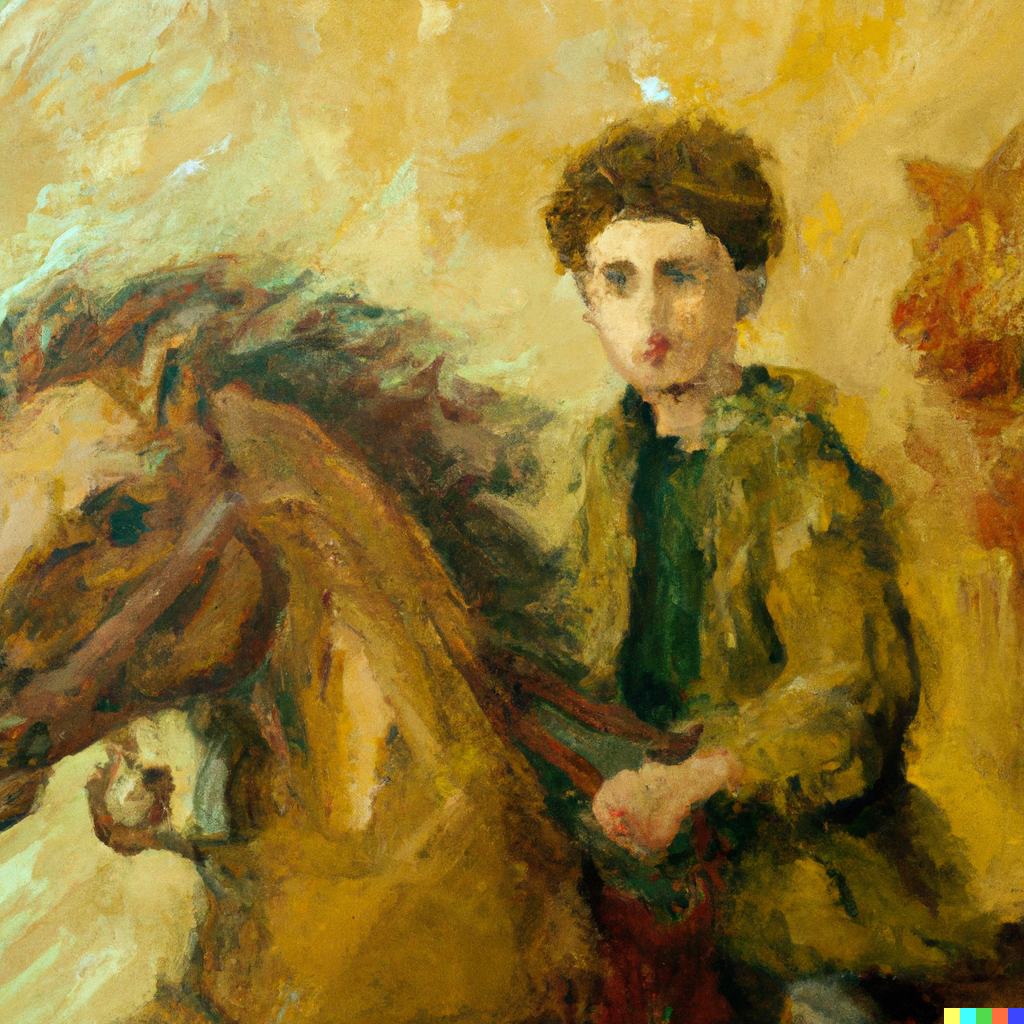Bucephalus and Alexander the Great: Early Evidence of High Ambitions

Bucephalus was a horse. The problem with Bucephalus was that no one could tame him. When a horse dealer offered Bucephalus to King Phillip II, Alexander the Great’s father, he was not interested. Not only was the price very high but also the horse was difficult to tame.
But Alexander liked the horse and wanted to have it. King Phillip II and his son made a wager. Phillip II would let his son have the horse if he could tame it. If Alexander failed, he would pay the horse himself if he still wanted it. Alexander agreed.
Alexander’s strategy: speaking to the horse soothingly, then turning the horse toward the sun. Alexander hoped that turning to the sun would prevent the horse to see its own shadow, the source of its distress. That’s what Alexander did. The horse obeyed, much to the amazement of Alexander’s father.
This incident so impressed Alexander’s father that he cried and said, “My son, you must find a kingdom big enough for your ambitions. Macedonia is too small for you.” Alexander was only 13. This was one of the early evidence of Alexander’s high ambitions.
______
This story is told in the book “Alexander the Great” by Philip Freeman. Check my book recommendations here.
